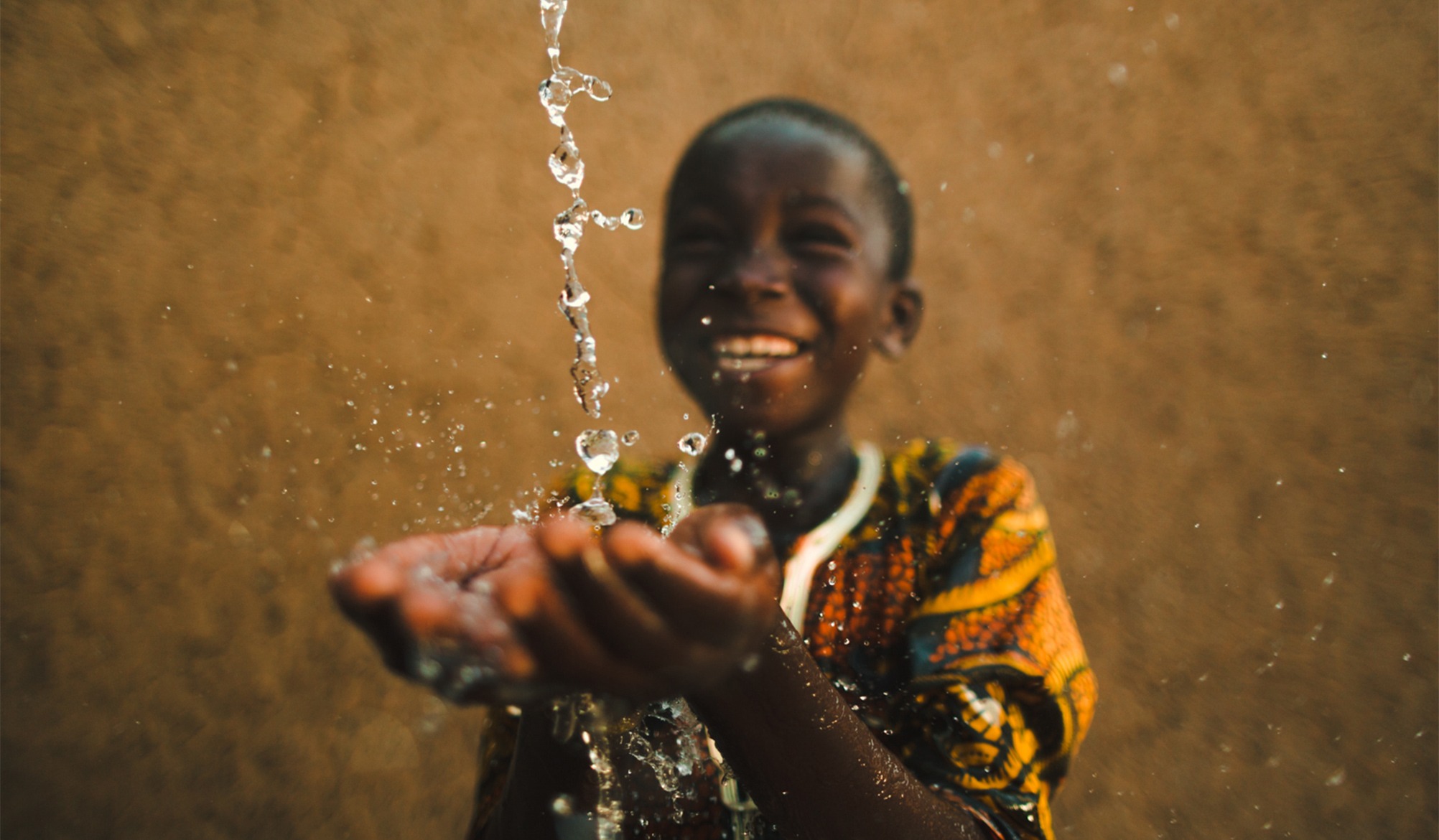Clean water is not just a basic necessity; it’s a fundamental human right, especially for children who are particularly vulnerable to the effects of waterborne diseases and contamination. Yet, millions of children around the world lack access to safe drinking water, putting their health and well-being at risk. In this article, we’ll explore the importance of providing clean water for children and how government funds can play a crucial role in making this a reality for communities in need.
Access to clean water is essential for children’s health and development. Without it, they are at increased risk of diarrheal diseases, malnutrition, and even death. In fact, according to UNICEF, diarrhea caused by unsafe water and poor sanitation is one of the leading causes of death among children under five years old, claiming the lives of over 800 children every day.
Ensuring access to clean water not only improves children’s health but also has broader social and economic benefits for communities. When children are healthy and free from water-related illnesses, they can attend school regularly, concentrate on their studies, and ultimately have better educational outcomes. Additionally, access to clean water promotes economic productivity by reducing healthcare costs and enabling communities to engage in income-generating activities.
While providing clean water for children is undoubtedly a priority, it often requires significant financial resources, particularly in underserved communities. This is where government funds can play a critical role. By allocating resources towards water infrastructure projects, water treatment facilities, and hygiene education programs, governments can make substantial strides in improving access to clean water for children and their communities.
Government funds can also be used to implement sustainable solutions that address the root causes of water scarcity and contamination. This may include investing in watershed protection, rainwater harvesting systems, and water conservation measures to ensure a long-term, reliable water supply for communities in need.
Moreover, government-funded clean water initiatives have the potential to create ripple effects that benefit entire communities. By improving water access and sanitation, governments can reduce the burden of waterborne diseases, decrease healthcare expenditures, and enhance overall quality of life. Additionally, increased access to clean water can spur economic development by unlocking opportunities for agriculture, industry, and tourism.
In conclusion, providing clean water for children is not just a moral imperative; it’s an investment in the future. By leveraging government funds to support clean water initiatives, we can protect the health and well-being of children, strengthen communities, and pave the way for a brighter, more prosperous future for all. Together, let’s prioritize access to clean water for every child, everywhere.


